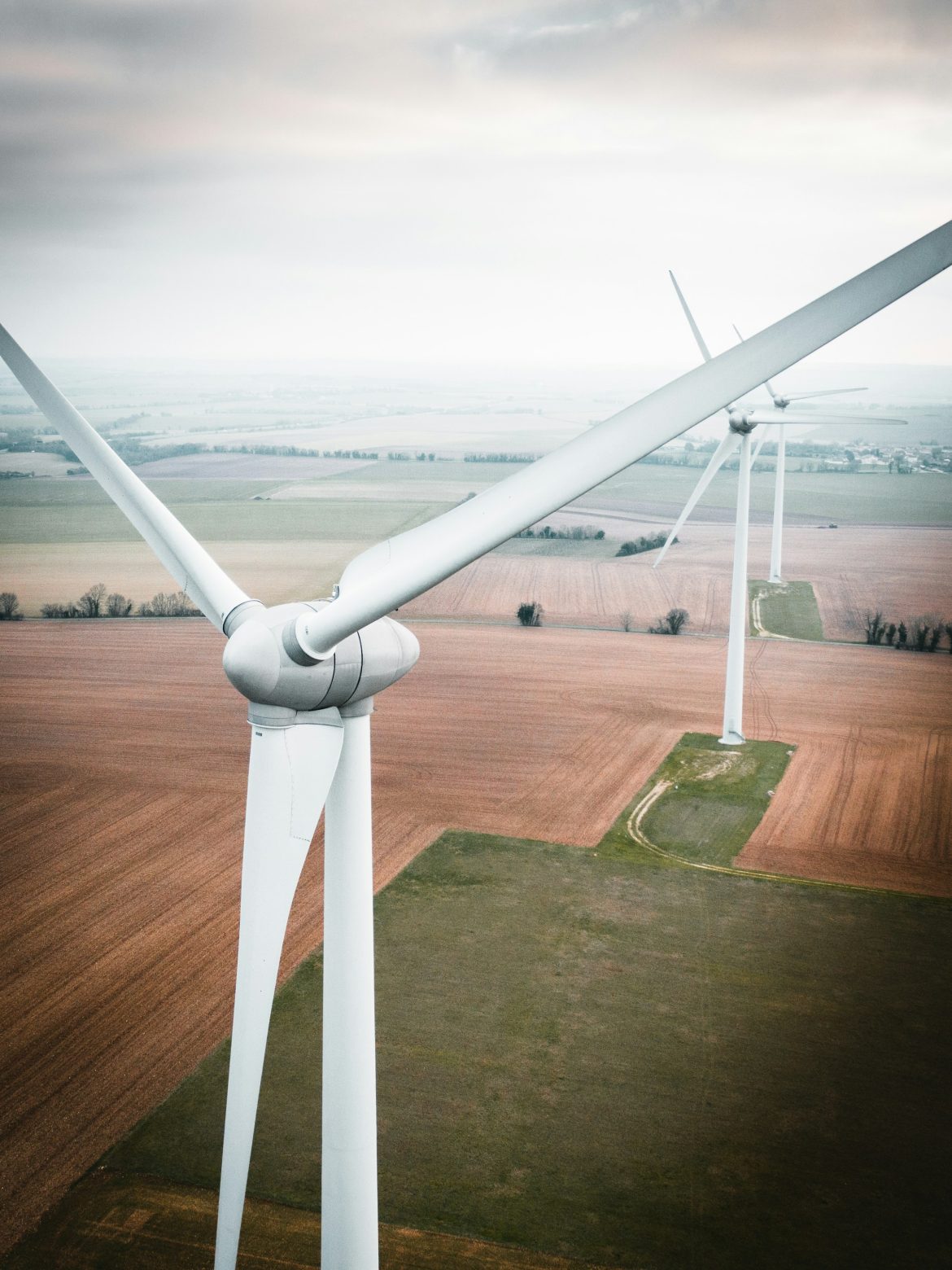China has been investing heavily in renewable energy projects across Africa, securing its access to critical minerals and challenging the influence of Western powers. A recent report by the China Global Investment Tracker revealed that China has invested more than $4 billion and launched over 5,000 projects in the continent, mostly in the north and southwest regions that have abundant wind, solar, and water resources.
These investments are part of China’s Belt and Road Initiative (BRI), a massive development program that aims to connect Asia, Europe, and Africa through infrastructure, trade, and cultural exchange. The BRI, which marked its 10th anniversary in October, has been seen by some as a strategic move by China to expand its global influence and counter the US-led alliance system.
While China claims that its involvement in Africa is based on mutual benefit and respect, some critics have raised concerns about the environmental, social, and political impacts of its projects. For instance, some of China’s loans to African countries have been accused of creating debt traps and undermining their sovereignty. Moreover, some of China’s mining operations have been linked to human rights violations, environmental degradation, and corruption.
On the other hand, some experts and African leaders have praised China’s role in boosting the continent’s economic growth, infrastructure development, and energy security. They argue that China offers a more flexible and pragmatic approach than Western donors, who often impose strict conditions and standards on their aid and investment. They also point out that China’s support for renewable energy is crucial for Africa’s transition to a low-carbon future, as the continent faces the dual challenge of meeting its rising energy demand and mitigating the effects of climate change.
According to the International Energy Agency (IEA), Africa’s energy needs could double by 2050 as its population grows and urbanizes. However, the continent also has the potential to become a global leader in clean energy, as it has the richest solar and wind resources in the world. The IEA estimates that Africa could generate up to 1,000 gigawatts of solar power and 300 gigawatts of wind power by 2040, which would cover more than 40% of its electricity needs.
However, to realize this potential, Africa needs more investment, technology, and capacity building from its partners. The European Union, the United States, and other Western countries have also been involved in promoting green energy in Africa, but their efforts have been overshadowed by China’s dominance. For example, the EU launched the Africa-Europe Green Energy Initiative in 2021, which aims to mobilize €1 billion to support renewable energy projects in Africa. However, this amount is dwarfed by China’s spending, which reached $6.8 billion in 2022 alone, according to the China Africa Research Initiative.
The competition for green energy in Africa is not only about economic interests but also about geopolitical influence and security. As the world shifts to a low-carbon economy, the demand for critical minerals, such as lithium, cobalt, and rare earths, will increase. These minerals are essential for the production of batteries, electric vehicles, and other green technologies. Africa holds the key to some of these minerals, as it accounts for more than 70% of the global production of cobalt and 60% of the global reserves of lithium.
By securing its access to these minerals, China is not only ensuring its energy transition but also gaining an edge over its rivals, who may face supply shortages and price volatility in the future. Moreover, by increasing its presence and influence in Africa, China is also challenging the traditional role of the Western powers, who have long considered the continent as their sphere of interest and intervention.
The race for green energy in Africa is likely to intensify in the coming years, as the global demand for clean energy grows and the climate crisis worsens. The outcome of this race will have significant implications for the development, stability, and security of the continent, as well as for the balance of power and cooperation in the world. Therefore, it is important for all the stakeholders, including China, the West, and the African countries themselves, to ensure that their engagement in Africa’s green energy sector is based on transparency, sustainability, and mutual benefit.
Source: El País



